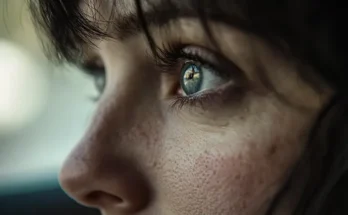When Tom invited his best friend Brian over for dinner, Emily danced to the door, thrilled to see “Uncle Brian.” He brought cheerful energy—and a plush puppy he gifted to her. Partway through dinner, I dashed to the store and left Emily in his care. But when I returned, Brian was tense. He mumbled an excuse and went. Suddenly, everything felt off.
By the next morning, Emily was silent. No sweet giggles, no chatter—just one-word replies: yes, no, fine. She ignored her toys, refused to color, and wouldn’t even go outside. Concern curled our hearts like an ice storm. We rushed her to the doctor: hearing, vision—everything was fine. Therapy followed. Still, no words came, only heavy gates to a child’s once-bright world.
Then, after five long months, words cracked through. Buckling Emily into her car seat, I asked, gently, “Sweetie, will you talk to me?” She looked up with tearful eyes and whispered, “Will you leave me there forever?” “What?” My voice cracked. “Brian said… I’m not really yours,” she sobbed. “That you’ll leave me like my real parents.” The plush puppy fell forgotten to the floor.
My heart shattered. Turns out, Brian revealed the truth about her adoption—outside our timing, outside our choice. He didn’t mean harm… but he hurt her innocence. Months followed rebuilding trust. But the wound? It will always take time to heal.


